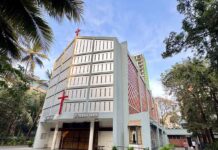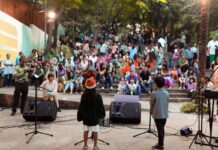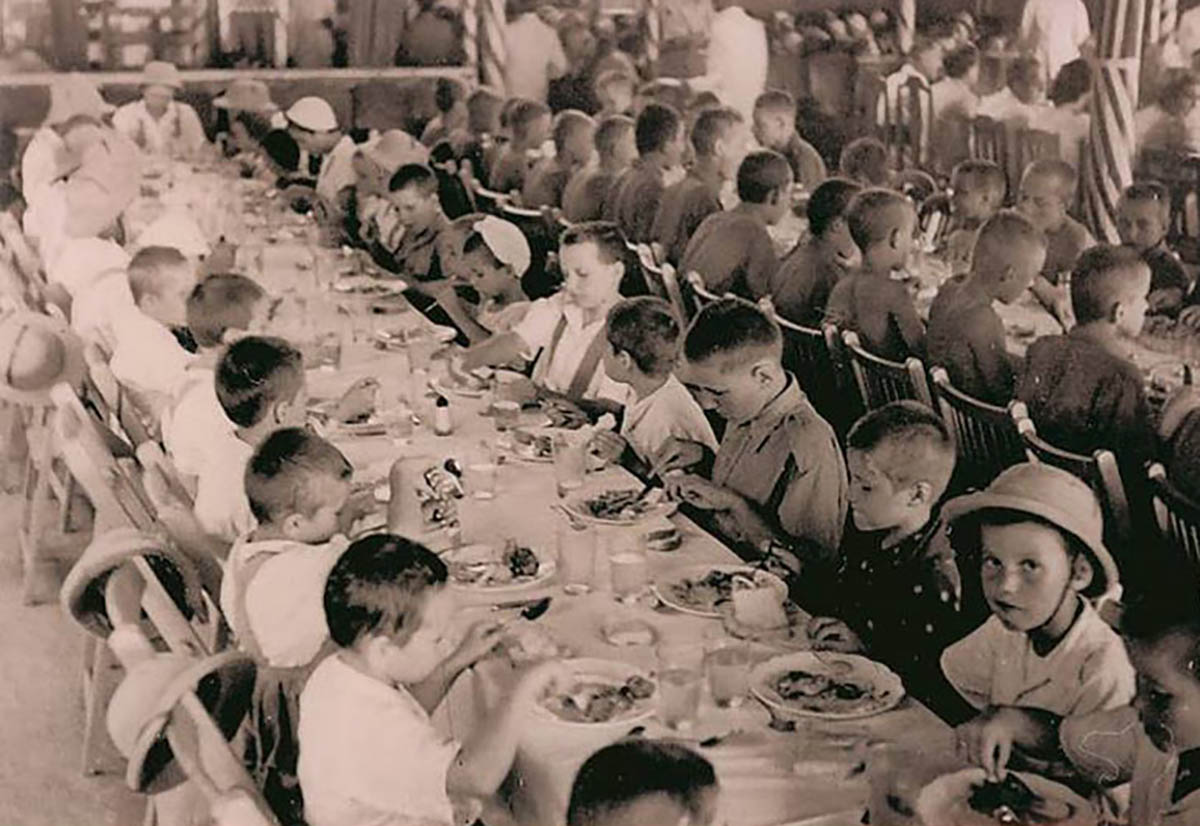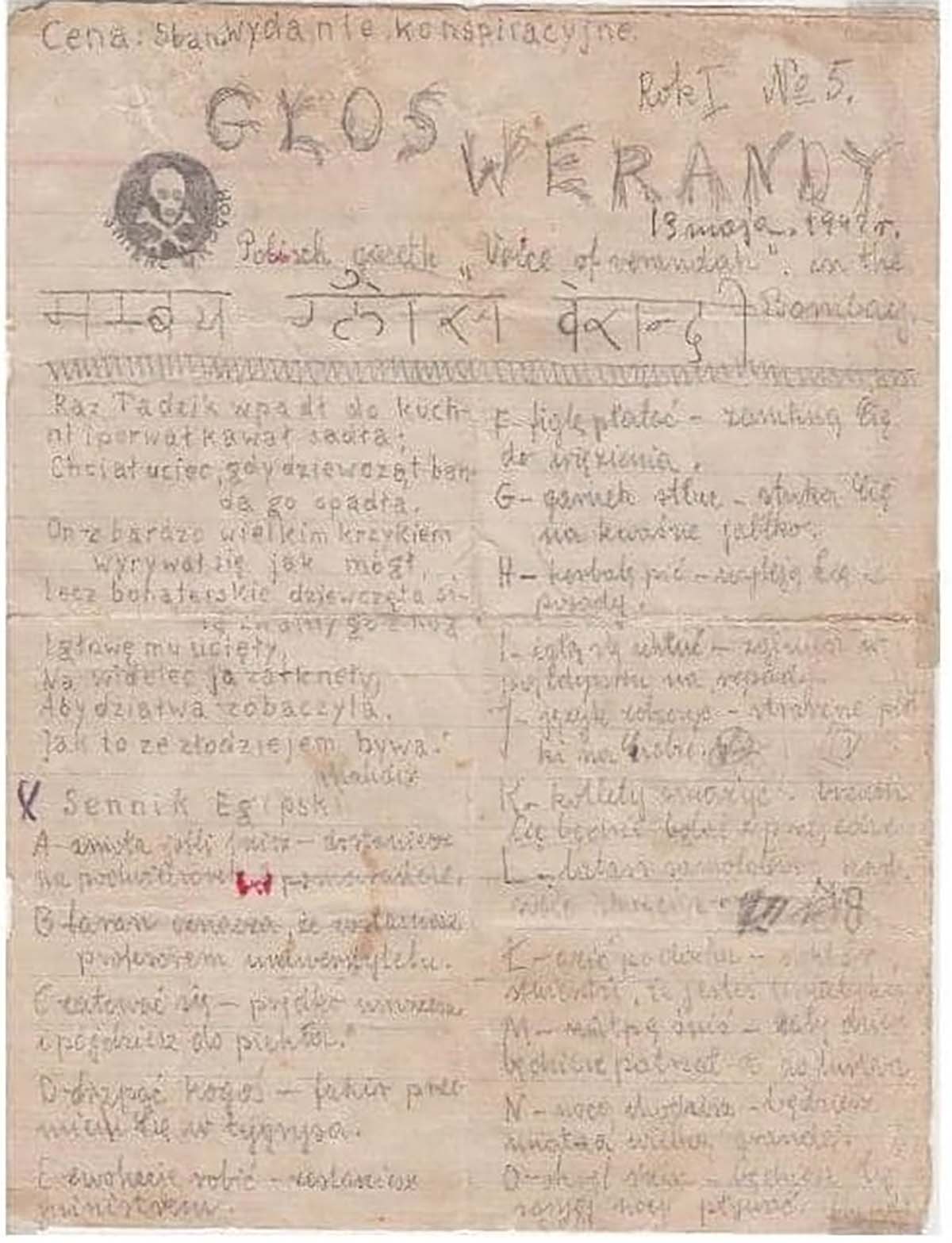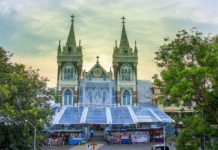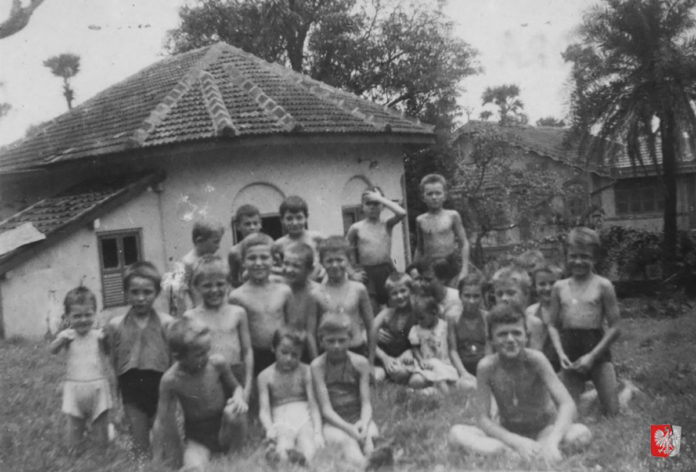
One of the least known chapters of local history is that of the Polish Refugee Children Camps of Bandra.
In 1941-1942, at the height of WWII in Europe, an estimated 2000 Polish refugees were relocated from the Soviet Union via sea & road, to British India. A majority of these refugees were first transported by road to the port of Ahvaz, in Iran, from where they came by ship to Bombay. The rest, across Iran and into Quetta (present-day Pakistan), and a fraction of those too, by road further on to Bombay.
Once in Bombay, an estimated 600 refugees – mostly orphaned children, and some adults, were housed in Bandra. In the 1940s, the area what is now the Taj Lands End Hotel and the Amphitheatre / Garden at Bandra Fort used to be barracks for the British Army garrison based there. As a result, two camps for Polish children were set up in Bandra in that general area: one on Mount Mary Road, and the other at the approximate site of present-day “Clergy Home”, on BJ Road.
At Bandra, the children were housed in typical Bandra cottages, and importance was given to their education and health. A makeshift school was also set up to teach the children English as well as a little Hindi.
The camps at Bandra were relatively short-lived, and lasted around 4 months, between April and August 1942. The children were then moved to other camps. Thanks to the efforts of Jam Sahib Digvijaysinhji Ranjitsinhji Jadeja, the Maharaja of Nawanagar (a former princely state in present-day Gujarat), an orphanage was set up in the town of Balachadi, near Jamnagar. A year later, in 1943, a relatively permanent settlement was set up at the village of Valivade, near Kolhapur. Later, some of the children were also moved to Panchgani, (where they were taken in by the nuns at the St. Joseph’s Convent) and Mount Abu.
After the war, the refugees returned to their home country and settled around the world. Their gratitude for the Maharaja of Nawanagar is well documented – a street and school have been named after him in Poland, and several of the surviving former child refugees make trips back to India to honour him. However, not much was known about the camps in Bandra. It is assumed that once vacated in August 1942, they were absorbed into the overall British military barracks. Sadly, no tangible markers of this place or the related event remain in Bandra today, and, as is the case with most other chapters of Bandra history, has been all but erased with the passage of time.


